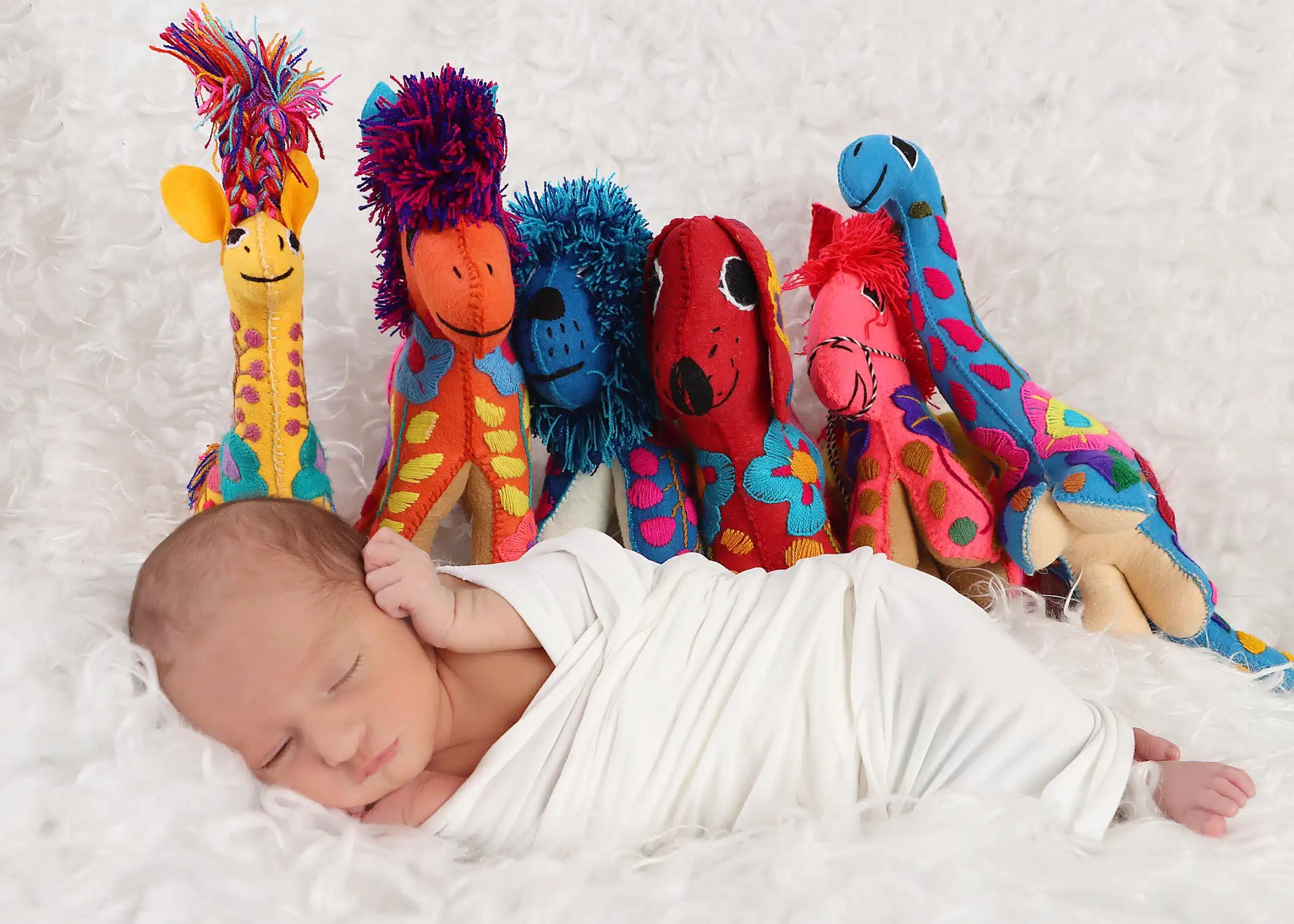Assisted Reproduction: A milestone in human rights and diversity in the LGBTTTIQ+ community
“Gay rights are human rights and human rights are gay rights.”
- Hillary Clinton, former candidate for the presidency of the United States.
The assisted reproduction has emerged as a vital tool for the LGBTTTIQ+ community, allowing access to motherhood and fatherhood to same-sex couples and single people who otherwise face significant barriers in their desire to form a family of their own. This advance has not only transformed the lives of many people, but has also contributed to the fight for human rights and diversity.
Traditionally, procreation has been framed in a heteronormative 100% context, which has limited the options for LGBTTTIQ+ people. The assisted reproduction, through techniques such as artificial insemination, the in vitro fertilization and the surrogacy, has allowed gay people to not only dream of a family, but to make it a reality. This has been crucial for the visibility and recognition of the rights of diverse families, promoting a more inclusive society.
The possibility of accessing services of assisted reproduction It also aligns with the principle of reproductive autonomy, a fundamental pillar of human rights. Every individual, regardless of sexual orientation or gender identity, has the right to decide about his or her own reproduction. The fight for the inclusion of women LGBTTTIQ+ community in the field of reproductive health It is, therefore, an extension of the broader struggle for equality, dignity and visibility.
Despite the progress, there are still challenges that the LGBTTTIQ+ community faces in access to the assisted reproductionIn many countries, policies and legislation are not inclusive, and fertility clinics may be biased towards same-sex couples. It is crucial that efforts continue to be made to remove these barriers and ensure that everyone, regardless of their identity or orientation, has access to these services.
The assisted reproduction It also plays an important role in promoting the family diversity. As more homoparental families emerge in society, traditional stereotypes about the family are broken and greater acceptance of homoparental diversity is encouraged. This contributes to an environment where differences are valued and celebrated, enriching culture and social cohesion.
We can conclude that the assisted reproduction has been a catalyst for positive change in the LGBTTTIQ+ community, not only facilitating the formation of diverse families, but also promoting equality and human rights. As we continue to move towards a more inclusive society, it is essential that the crucial role this technology plays in the lives of many people is recognized and supported.
We will continue to fight for equality in access to assisted reproduction, a fundamental part of the movement for the rights of the LGBTTTIQ+ community and for a more equitable and just society.
FertyCare
“Bring light to your rainbow” 🌈 ✨




